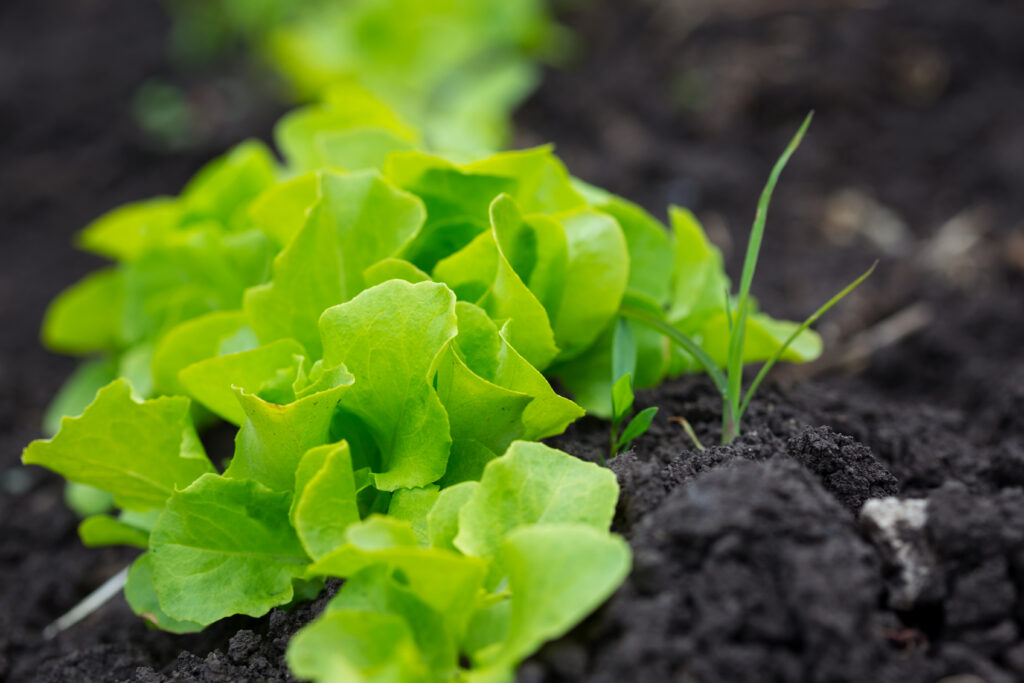Summary of Biostimulant – Tracking the Biostimulatory Effect of Fractions from a Commercial Plant Protein Hydrolysate in Greenhouse-Grown Lettuce
Biostimulant Fractions Boost Lettuce Growth and Quality
Biostimulant Fractions Boost Lettuce by offering a sustainable pathway to reduce nitrogen inputs while maintaining strong productivity. Protein hydrolysate biostimulants are increasingly valued as eco-friendly tools in sustainable agriculture, yet their precise growth-promoting mechanisms remain only partially understood. A recent greenhouse experiment examined how distinct molecular fractions of a commercial protein hydrolysate product (Vegamin®) affect both yield and nutritional quality in lettuce.
Testing the Impact of Biostimulant Fractions on Lettuce
Butterhead lettuce plants were cultivated under low (1 mM) and optimal (8 mM) nitrate conditions. Researchers tested three protein hydrolysate fractions—PH1 (>10 kDa), PH2 (1–10 kDa), and PH3 (<10 kDa)—alongside the complete product (PH). This design provided new insights into how different molecular weights within biostimulants contribute to plant performance and stress adaptation.
Yield and Nutritional Improvements with Biostimulant Fractions
The study confirmed that Biostimulant Fractions Boost Lettuce yield and nutrient composition in specific ways. PH1 and PH3 increased fresh yield by about 8% under optimal nitrate availability, producing lighter leaves. Under low nitrate conditions, lettuce leaves turned darker but showed enhanced nutritional value. PH3 was particularly effective, raising levels of ascorbic acid, lutein, and β-carotene. In addition, both the full hydrolysate and its fractions boosted secondary metabolites such as disinapoylgentobiose and kaempferol derivatives, enriching antioxidant content and overall crop quality.
Why Biostimulant Fractions Matter for Lettuce Production
These results demonstrate that different molecular fractions of protein hydrolysates play distinct roles in plant metabolism. By improving nitrogen use efficiency and stimulating the accumulation of health-promoting compounds, biostimulants provide dual benefits: higher yield and improved quality. Ultimately, Biostimulant Fractions Boost Lettuce not only by supporting growth but also by enhancing nutritional density, making them a valuable innovation for sustainable greenhouse farming. As demand for eco-friendly practices continues to rise, the strategic use of biostimulant fractions represents a promising step toward more resilient and nutrient-rich lettuce production.
Publication: Antioxidants









